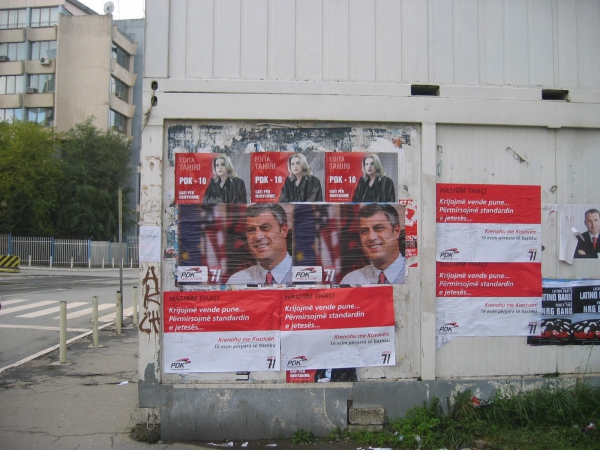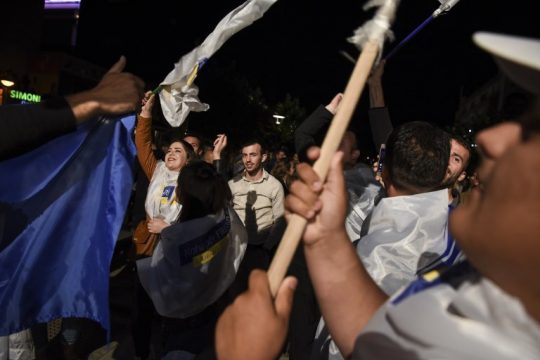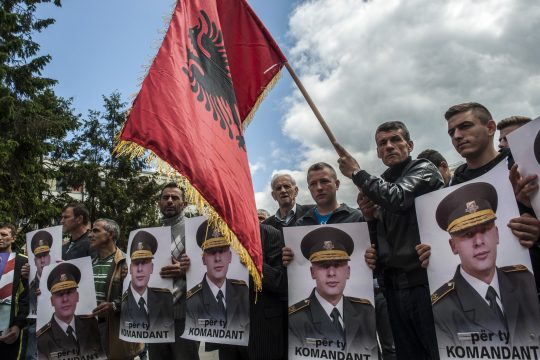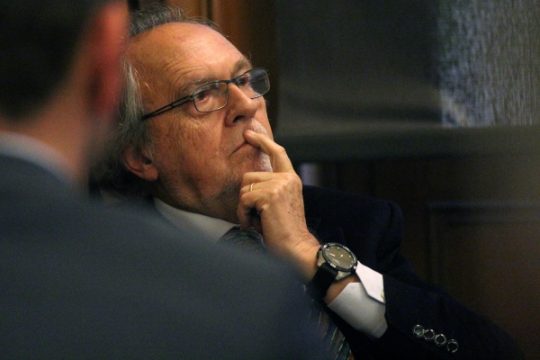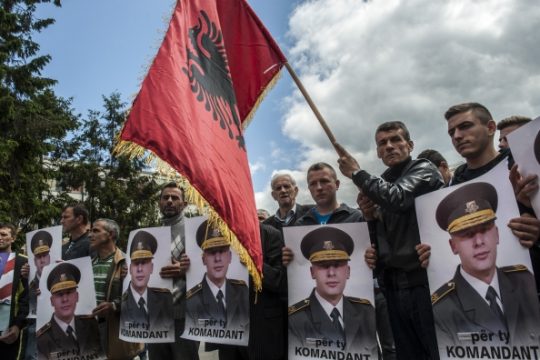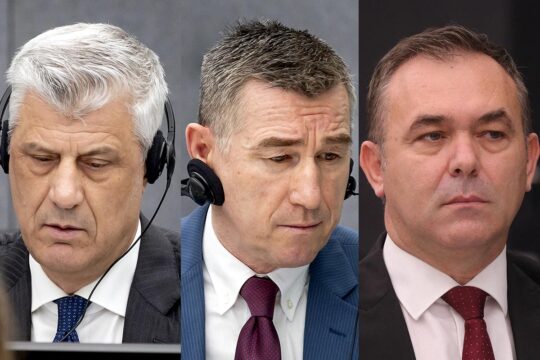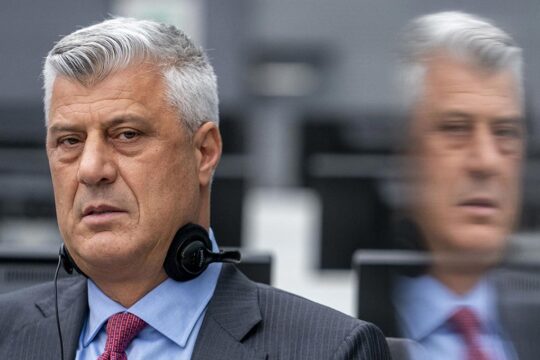Following elections in Kosovo on Sunday June 11, Ramush Haradinaj is the favourite to be next Prime Minister. Although acquitted by the International Criminal Tribunal for the former Yugoslavia, he is still accused of war crimes by Belgrade. Last January he was arrested at Bâle-Mulhouse airport on a request from Serbia and imprisoned in France. French judicial authorities subsequently released him, without extraditing him to Belgrade.
These elections no doubt signal a period of political instability in Kosovo. A coalition of parties that grew from the Kosovo Liberation Army (UCK) won the most votes (34.6%), but without winning a majority in parliament. Hard on the heels of this so-called “war wing” is the nationalist Left Vetëvendosje (self-determination) party, which campaigned on anti-corruption and wants to re-join Albania, and the Democratic League of Kosovo, with 25.8% of the vote.
This vote comes as the issue of war crimes committed in the 1998-99 conflict remains a burning one. The Kosovo Specialist Chambers are starting their investigations to bring war criminals to trial in relation to that conflict, in which a million Albanians were pushed into temporary exile by Serb forces, NATO intervened, and some 10,800 Kosovo Albanians and 2,800 Serbs died. Kosovo gained independence in 2008, but it has never been recognized by Belgrade, which still sees Kosovo as part of Serbia.
A troubling context
It is in this context of constant tension that President Hashim Thaci, himself a former UCK military chief, has been saying since February that he wants to set up a Truth and Reconciliation Commission (TRC) to heal the wounds of the 1998-1999 war. "Kosovo cannot build a better future if it remains a hostage of the past,” he declared on February 13 this year.
Since then, the authorities have circulated a preliminary version of Statutes for the proposed TRC. This commission, says Article 1, aims to “promote truth and reconciliation, and protect human rights”. Its mandate is proposed to run for 4 years and it will work on “serious violations of human rights and humanitarian law, including the recent war, taking into account the views of all communities in Kosovo”. The proposed TRC would therefore cover crimes committed in the 1998-99 conflict, even though the draft does not mention any precise dates. It also proposes that suspected criminals be referred to the Kosovo Attorney General.
The proposal for a Truth and Reconciliation Commission has come as a surprise to many human rights defenders and NGOs. The context is troubling, since this announcement comes as the Kosovo Specialist Chambers are starting their work of investigating crimes committed during the 1998-1999 conflict. These crimes committed particularly against Serbs drew less attention at the time from the international community than the crimes committed against Albanians. Is President Thaci trying to create something to counter a tribunal set up after accusations in the Dick Marty report to the Council of Europe? That report fingers the current president of Kosovo as “one of the most dangerous sponsors of the Albanian criminal underworld”, saying he and those close to him “ordered, and in some cases personally oversaw a certain number of assassinations, detentions, attacks and interrogations in various regions of Kosovo, notably at the time of UCK (Kosovo Liberation Army) operations on Albanian territory between 1998 and 2000”.
Clearly, any future TRC will be hard pushed to dispel scepticism about it. In a society as divided as Kosovo, where nothing has fundamentally been settled between the Serb minority and Albanian majority or between Pristina and Belgrade, what kind of truth and reconciliation could such a Commission produce? What kind of Commissioners could be seen as legitimate and impartial by all communities?
Given the vague nature of the TRC project and especially persistent tensions between communities in Kosovo, between Pristina and Belgrade, creating a TRC seems very risky. In 2002, Serbian president Kostunica also took a similar risk, but the Truth Commission in Serbia was then dissolved without producing any results. So what is Kosovo’s president really trying to do by setting up a Truth Commission in his country? No doubt to assert Kosovo’s independence, which is still contested by Belgrade and Moscow. Does he also, as expert Nora Ahmetaj asks, want to “sacrifice peace for justice” by clearing the way for future amnesties that could further complicate the work of the Kosovo Specialist Chambers?



